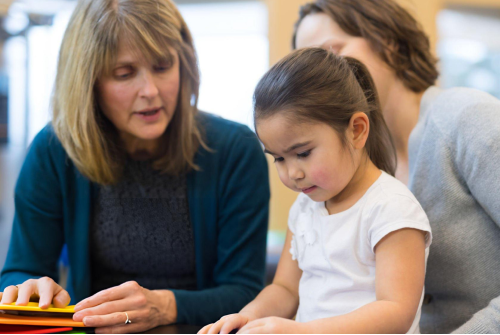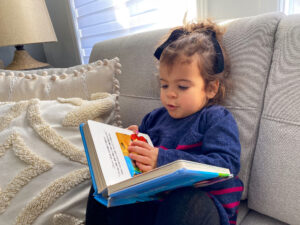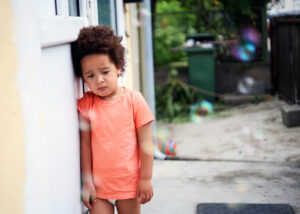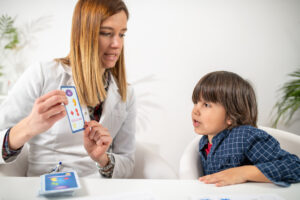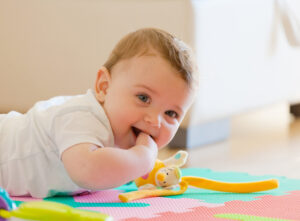
What are the Next Steps if My Baby is Not Rolling at 6 Months?
Hitting the 6-month mark and realizing your baby still isn’t rolling over can stir up a mix of emotions – worry, confusion, maybe even guilt. You might wonder if you missed something, or if you’re overreacting. The good news: you don’t have to figure this out alone. There’s a clear, step-by-step way to move from […]
